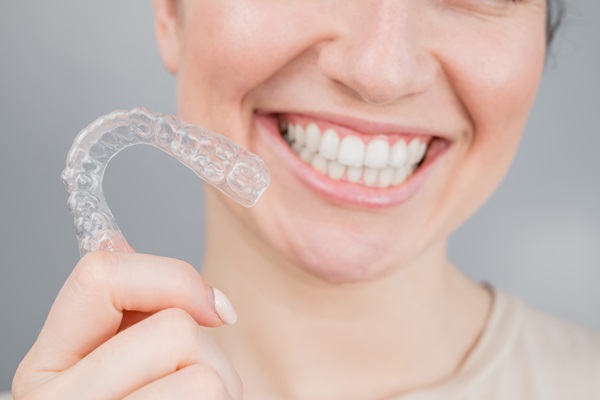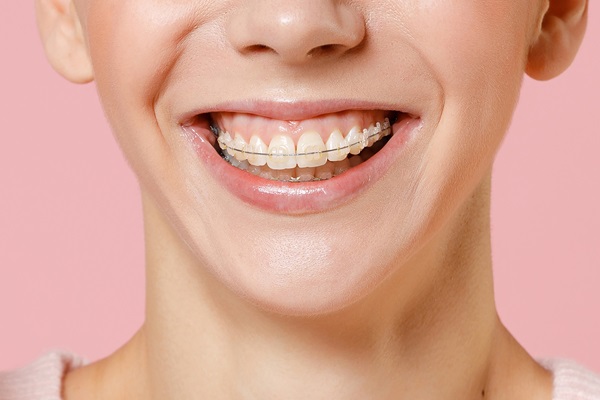Which is Better Invisalign or Braces?Dubuque, IA
At Abbadent Dental and Implants, we understand the important role that orthodontics can play in creating a healthy and beautiful smile. If you or your teen has crooked teeth, overly crowded teeth, an underbite or an overbite, correcting these challenges can prolong the lifespan of natural teeth by helping them to remain in good condition. Both Invisalign® and braces can do so by applying pressure to the teeth or by working in combination with other orthodontic measures like spacers. When determining which is better, Invisalign® or braces, you must really evaluate your lifestyle and determine which solution will work within it. If you live in the 52003 area, we encourage you to schedule an examination so that we can determine the best way to proceed with straightening your teeth. You can do so by calling 563-484-5202.
Prior to coming in, it helps to understand how the process of straightening teeth with aligners works. Here are some of the questions that we are asked on a regular basis.
Can Invisalign® work as well as braces?
Yes, it can. The process is designed for mild to severe cases which includes crooked teeth, overly crowded teeth, etc. Most people associate wearing aligners for quick or small fixes and braces for major issues. This is not the case. When you visit our Invisalign® dentist office, we can create a treatment plan that will address whatever challenges you are facing. The key is to follow that plan closely and to keep all of your scheduled appointments.
How does Invisalign® treat an underbite or an overbite?
When straightening teeth we do more than move physical teeth into the right position. We also align the bite. Otherwise, you will continue to have problems and discomfort. When wearing braces, the bite is often aligned using a series of rubber bands that hold the jaw in a particular position by stringing a band from one bracket on the top palate to one on the lower jaw. When straightening teeth with Invisalign®, pressure is applied to the teeth to move them into the right position. This means that if your underbite or overbite is caused by your teeth, it can be corrected using aligners. However, if you have a physical problem with your jaw, you may need to have jaw surgery in addition to wearing your aligners. Another option for misaligned jaws, that cannot be fixed using aligners, is to wear traditional braces. When you visit our dental office, Our dentists will let you know if your bite problems can be solved with Invisalign® and very often they can be.
How does Invisalign® treat crowded teeth?
At Abbadent Dental and Implants, we can solve the challenge you are having with overcrowding using several methods. The most common orthodontic option is wearing an expander. This can be done when straightening teeth with braces or Invisalign®. An expander pushes the arch outward so that there is naturally more room for your teeth. This is the least invasive method and often preferred by our patients. The other option is to remove one or several teeth prior to straightening them or to shave off small portions of the enamel to make enough room. When you visit our dentist office, Our dentists can explain all of these options in detail so that you can make an educated decision regarding which solution is right for you.
What are attachments and how are they used?
Attachments are the small bumps that you may see on the teeth of someone wearing Invisalign®. They are round, small and made of tooth-colored resin so that they are barely noticeable. Not everyone needs them as part of their treatment. If Our dentists recommends them, then you should seriously consider it because they make it far easier for your teeth to move during the treatment process. They make it easier for the aligners to grip and, therefore, apply more pressure so that your teeth can move more effectively. Since they are removable, they will come off at the end of your treatment plan. Buttons may also be used in combination with or in lieu of attachments. They work differently because while they are bonded to the teeth, an elastic is often secured to them.
For more information on Which is Better Invisalign or Braces? or to schedule a consultation, call 563-484-5202. Call today so you can have a beautiful smile tomorrow.




